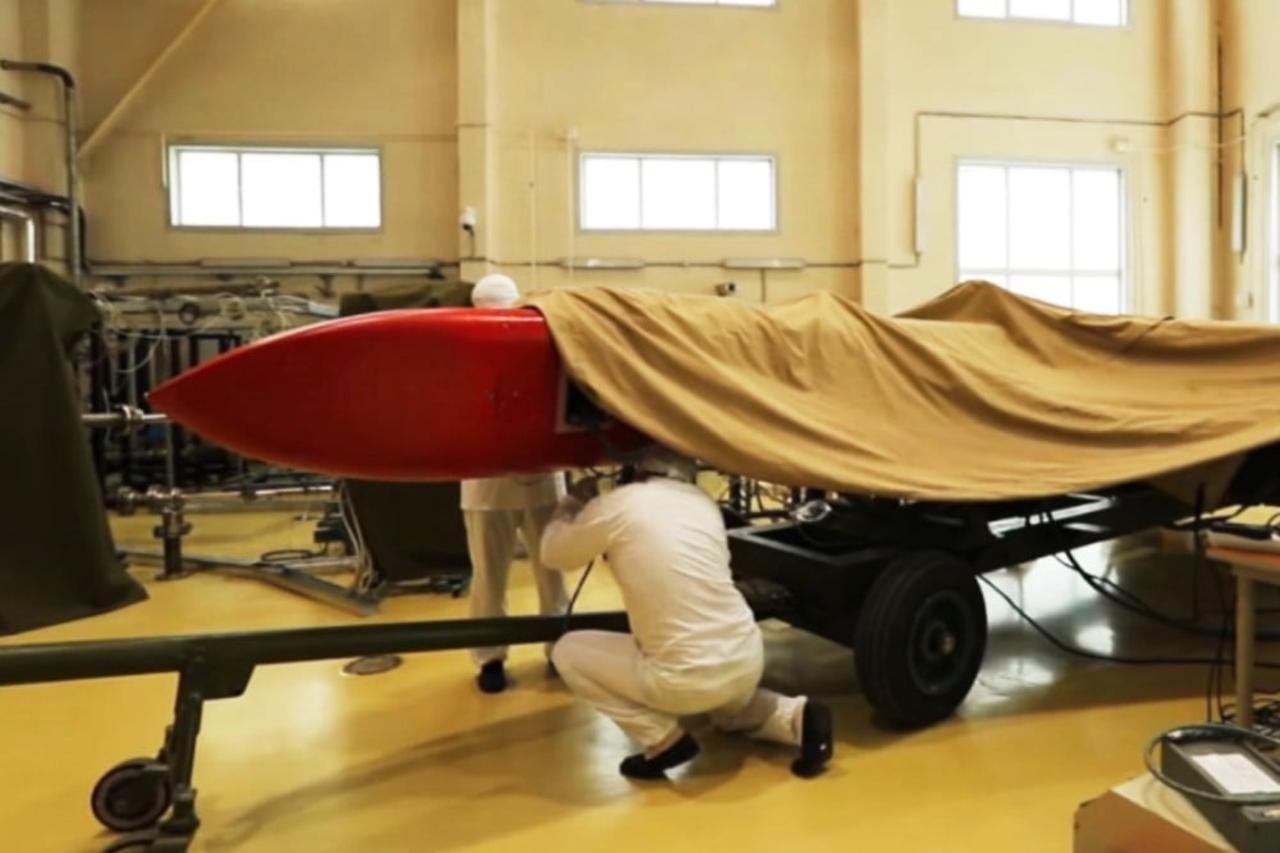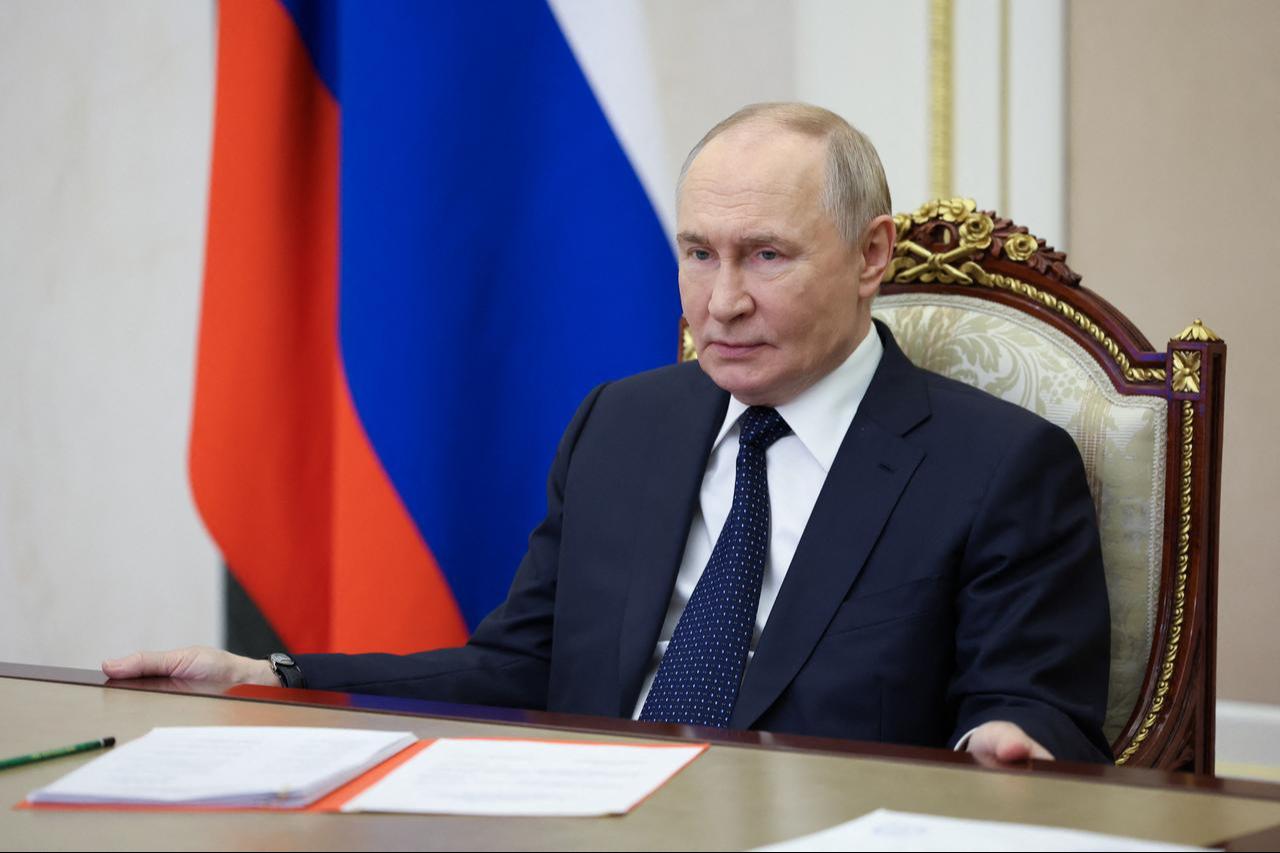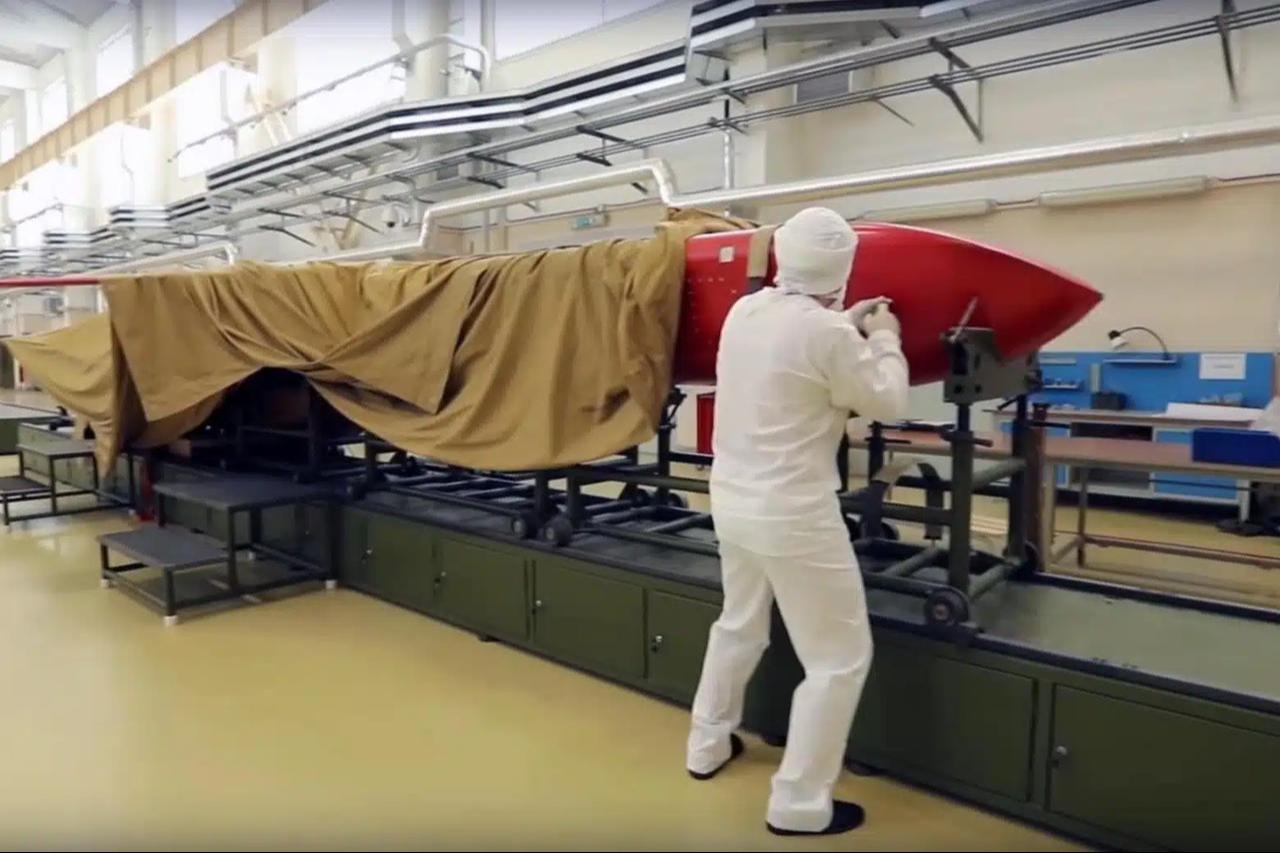
Russian President Vladimir Putin announced Sunday that Russia has completed final testing of the Burevestnik, a nuclear-powered cruise missile with unlimited range, calling it a unique weapon with no equivalent globally as Russian forces continue grinding through Ukrainian defenses in a costly war.
"The decisive tests are now complete," Putin said in a video released by the Kremlin during a meeting with senior military officials at a command center of forces fighting in Ukraine.
"We have achieved the fundamental objectives," he noted.
Putin ordered the preparation of infrastructure to place the weapon into service with the Russian armed forces, describing the Burevestnik as a "unique creation that no one else in the world possesses" with capabilities to evade all defense systems.

Russia's military chief of staff, Valery Gerasimov, provided details of the missile's most recent test on Oct. 21, saying the Burevestnik remained airborne for approximately 15 hours while traveling 14,000 kilometers—roughly 8,700 miles.
"This is not the upper limit," Gerasimov told Putin.
"The technical characteristics of the Burevestnik allow it to be used with guaranteed precision against highly protected sites located at any distance," he added.
"During its flight, the missile performed all planned vertical and horizontal maneuvers, demonstrating capabilities to evade missile defense and air defense systems," Gerasimov said.
The Burevestnik's nuclear propulsion system is designed to enable it to fly much farther and longer than traditional cruise missiles powered by conventional turbojets or turbofans, which are limited by fuel capacity.

Putin emphasized that Russia's nuclear deterrent forces have reached the highest modernization levels, comparing Russian capabilities favorably to those of other nuclear powers.
"The modernity of our nuclear deterrent forces is at the highest level. It probably would not be an exaggeration to say it is at a higher level than all other nuclear states," Putin said during his address to military officials.
The Kremlin statement indicated that strategic nuclear weapons exercises were conducted during the week, with advanced weapon models tested alongside the Burevestnik.
"We have once again confirmed the reliability of Russia's nuclear shield," Putin stated, describing the tests as validation of Russia's strategic capabilities amid the ongoing Ukraine conflict.
The Burevestnik, designated 9M730 by Russian military nomenclature and known to NATO as the SSC-X-9 Skyfall, is a ground-launched, low-flying cruise missile capable of carrying nuclear warheads and powered by nuclear propulsion.
The missile's nuclear reactor engine design allows it to theoretically remain in flight for extended periods—potentially days—circling at low altitude while avoiding detection and selecting targets at unpredictable locations.
Russian military officials stated the weapon could be based anywhere on Russian territory and strike targets across the globe, with a notional range of up to 20,000 kilometers—approximately 12,400 miles—according to Russian military assessments.
The missile operates at extremely low altitudes, reportedly between 50 and 100 meters—164 to 328 feet—making it more difficult to detect by air-defense radar than conventionally powered cruise missiles that operate at higher altitudes.

Putin first publicly announced the Burevestnik project in March 2018, claiming it possessed unlimited range and could evade U.S. missile defenses. The announcement came amid tensions between Moscow and Washington over perceived security threats.
Putin had previously announced a successful test of the missile in October 2023, though the weapon's development path included setbacks and testing failures, according to Western assessments.
The missile is launched by a small solid-fuel rocket that drives air into an engine containing a miniature nuclear reactor, with superheated and possibly radioactive air expelled to provide forward thrust.
Putin's announcement of the Burevestnik's completion comes as Russian forces continue a slow but steady advance in Ukraine, grinding through Kyiv's defenses through costly battles involving massive personnel losses on both sides.
Peace negotiations between Moscow and Kyiv remain stalled despite mediation efforts from U.S. President Donald Trump, who had promised a rapid resolution to the conflict upon his January return to the White House.
Trump had imposed sanctions on Russia's two largest oil companies on Wednesday, stating that his discussions with Putin regarding ending the Ukraine war "don't go anywhere."
Trump later said he was "not going to be wasting my time" on new summit prospects with Putin.
Kremlin negotiators met with Trump administration officials on Friday and Saturday, according to Russian sources familiar with the talks, with negotiations expected to continue.
Putin said Sunday he does not intend to set a timetable for ending the fighting, stating that Russian military actions will be based on "military rationality" rather than synchronized with external dates or events.